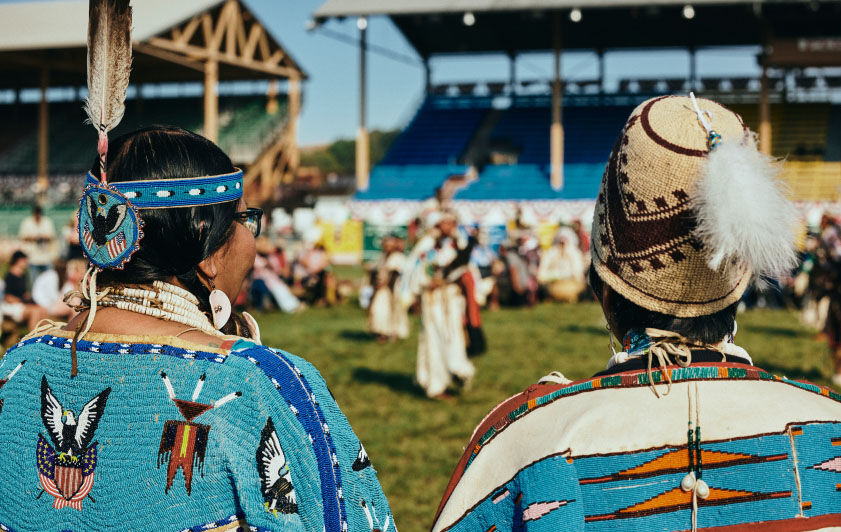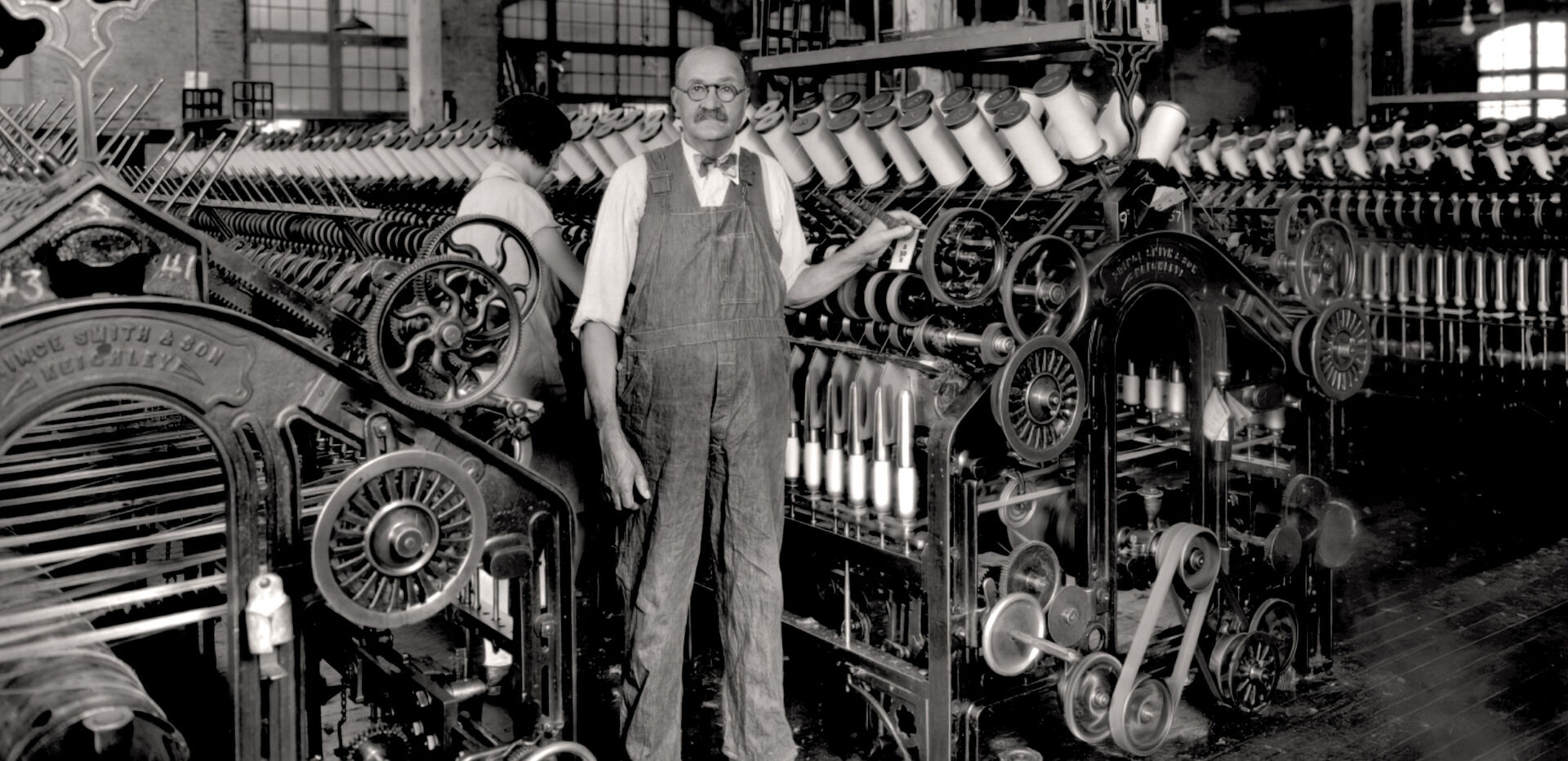
Pendleton: An American Heritage Brand
Pendleton textiles are renowned for quality, beauty and craftsmanship. As a sixth-generation, family-owned company,
our weaving expertise comes from over 150 years of innovation and dedication.
1863
Founder Thomas Lister Kay, an English master weaver, arrives in Oregon with his family and establishes himself as a key force in region’s growing woolen industry.
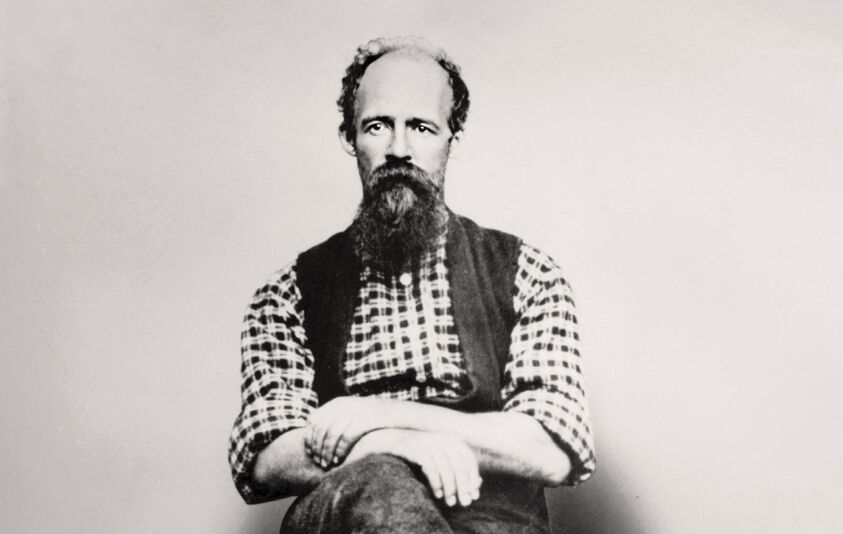
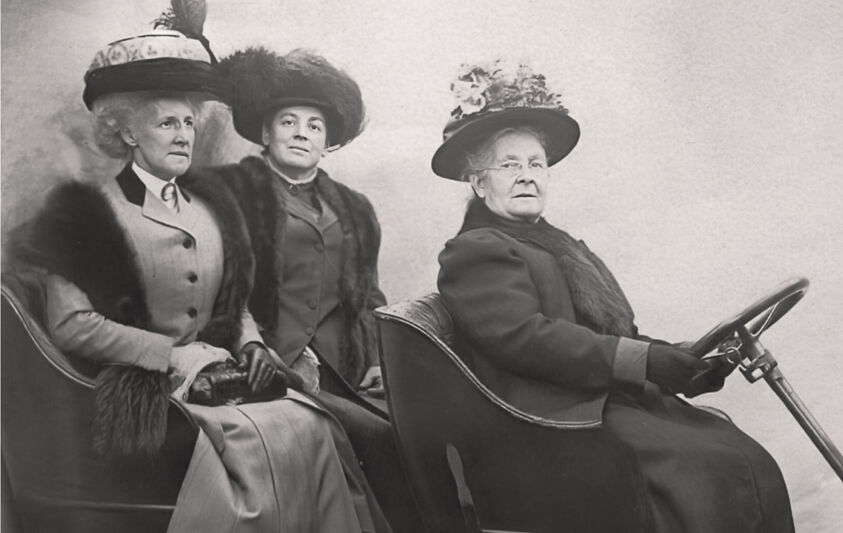
1876
Thomas Lister Kay’s daughter, Fannie Kay, marries retailer C.P. Bishop, creating the foundation for present-day Pendleton Woolen Mills.
1902
The three sons of Fannie Kay and C.P. attend The Philadelphia Textile School, furthering the Bishop family’s weaving expertise.
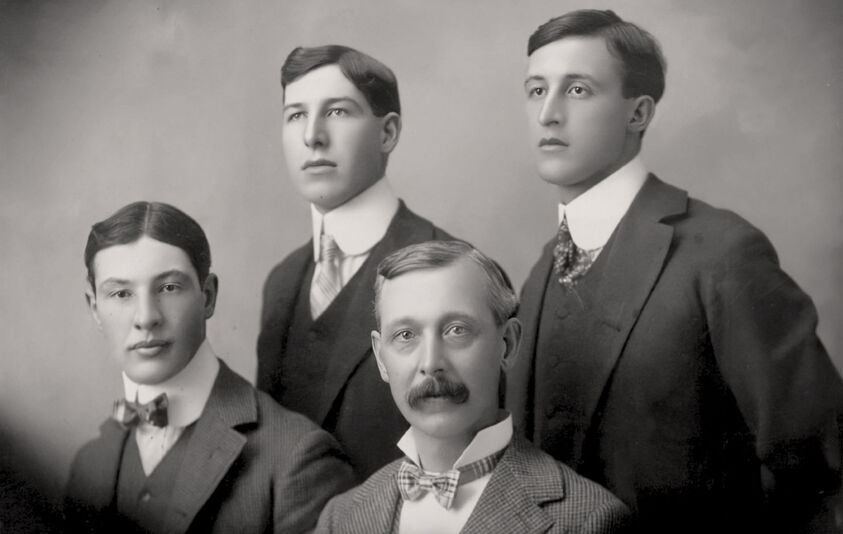
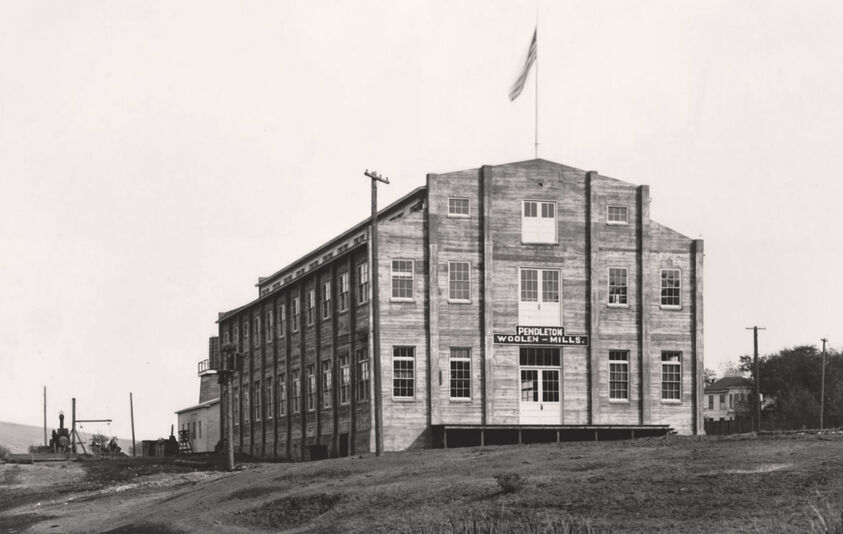
1909
With the local community financial support, the Bishop family rebuilds a woolen mill in Pendleton, Oregon.
1912
We acquire a second woolen mill in Washougal, Washington, cementing our connection to the Pacific Northwest.
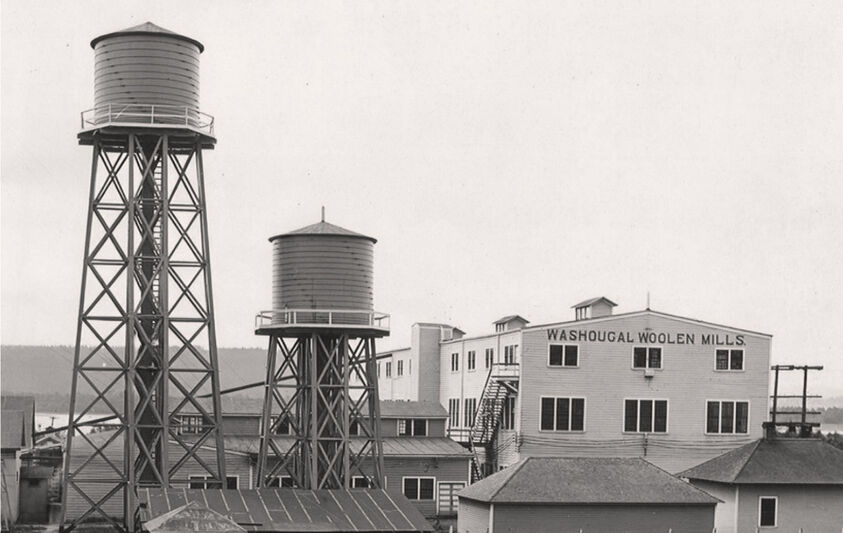
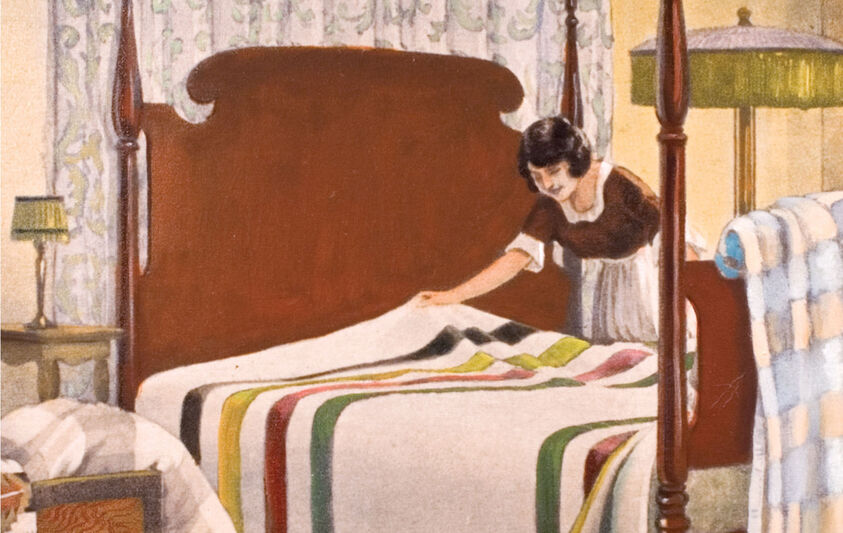
1916
Our Glacier National Park Blanket is introduced, the first in a series of blankets celebrating the National Park Service.
1924
As an alternative to the drab work shirts of the day, we introduce colorful wool shirts for men.
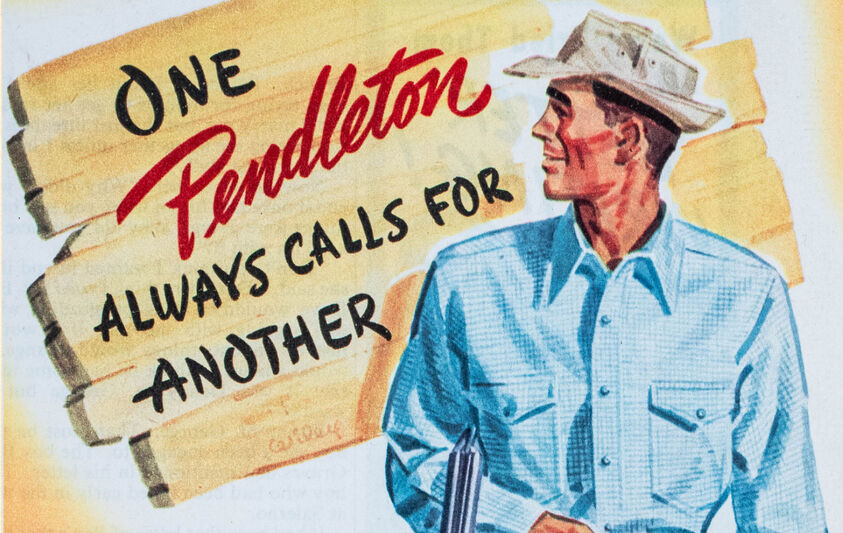
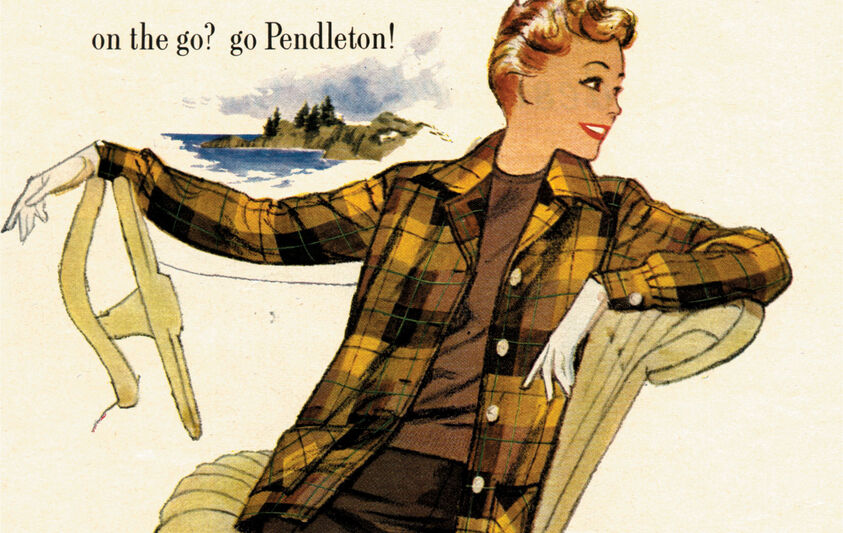
1949
Our first women’s collection is introduced, featuring The ’49er® Jacket.
1955
Pendleton Dry Goods Mercantile opens in Disneyland’s Frontierland.
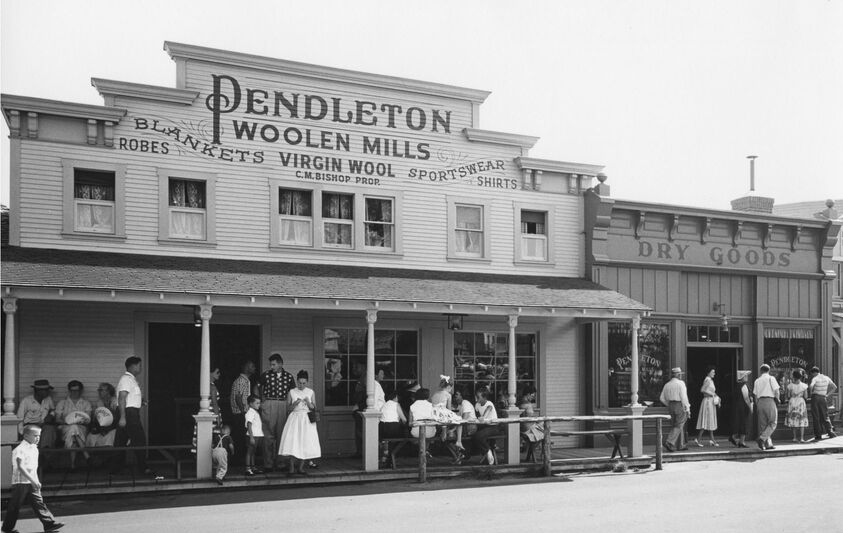
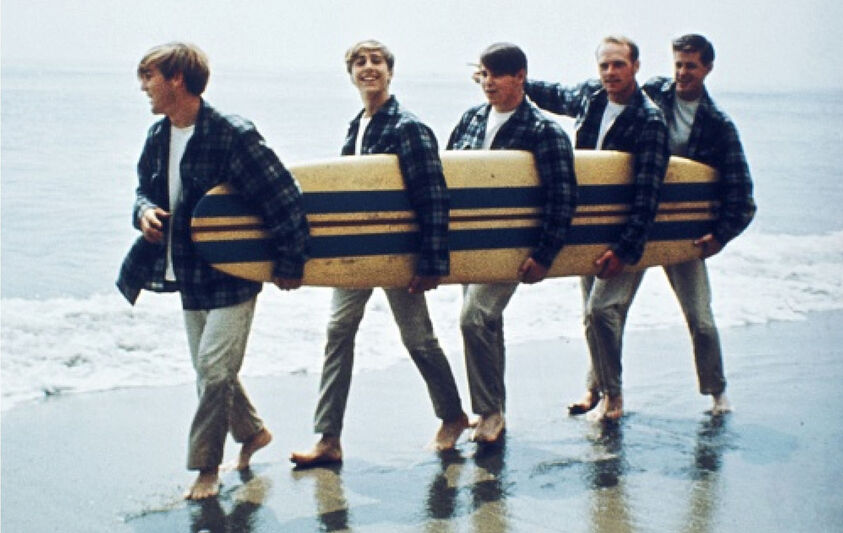
1961
The Beach Boys (originally known as the Pendletones), wear our Original Surf Plaid Shirt on the cover of their Surfer Girl album.
1976
The Pendleton Legendary Blanket Collection debuts to celebrate the symbols and stories of Native American culture.
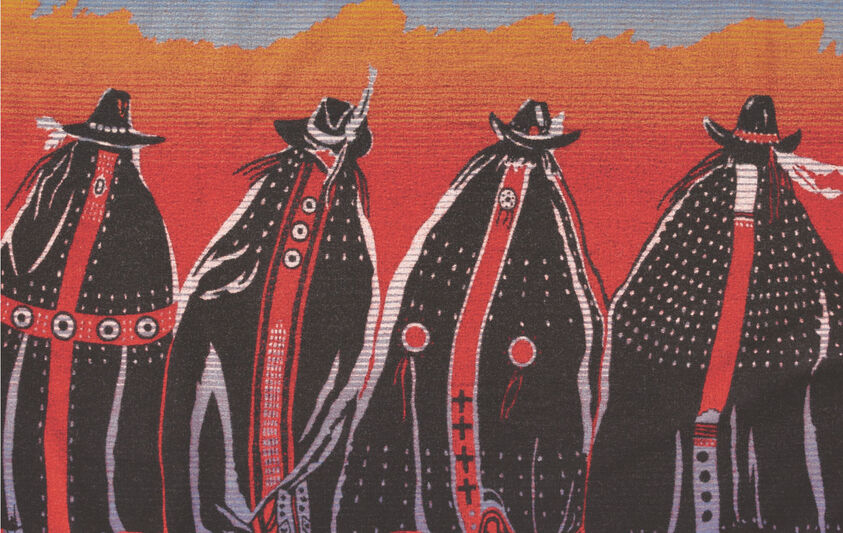
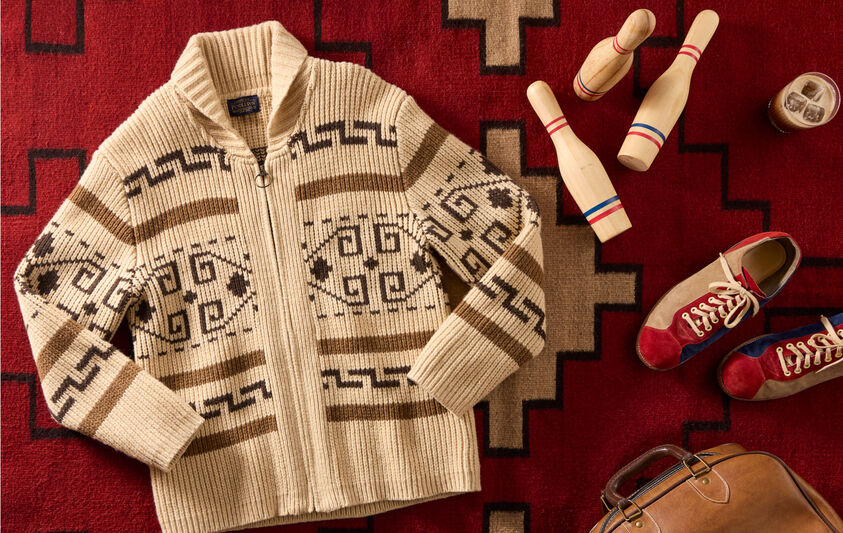
1998
Jeff Bridges wears our Original Westerley Sweater as The Dude in The Big Lebowski spawning a cult-classic look that inspires fans today.
TODAY
We continue to produce exceptional goods that are recognized worldwide, and are proud to give back through donations, contributions and philanthropic partnerships. Shown: a scene from the 2023 Pendleton Round-Up. Every year since its inception in 1910 we‘ve participated in this beloved event, considered to be one of America’s top rodeos.
